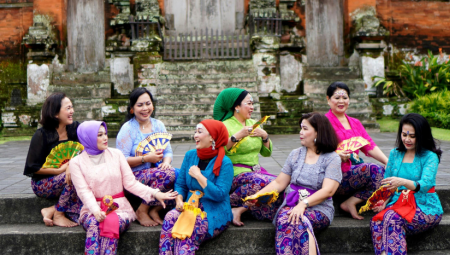Skip to sidebar
See all
Prevention and Early Detection in Health and Social Care
The Prevention and Early Detection in Health and Social Care is a cross-cutting theme. Find out about other research projects in this theme.





